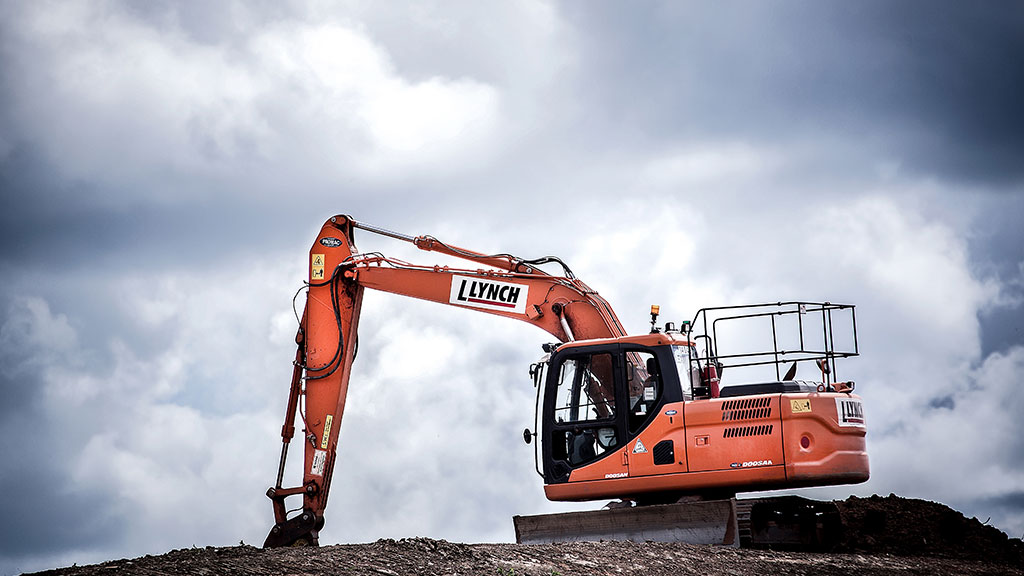Mohawk Mothers worry evidence of human remains at McGill worksite will be destroyed – constructconnect.com

MONTREAL — After losing their bid to halt construction at the site of a former Montreal hospital, a group of Indigenous women who believe there may be unmarked graves at that location say they’re worried evidence could be jeopardized if work continues.
Workers want to move piles of material — without sifting through them — that were excavated from an area where sniffer dogs have indicated remains could be located, a spokeswoman for the group known as the Mohawk Mothers told reporters.
Moving that material without analyzing it first risks making the search for potential bodies more difficult at the site, where McGill University is expanding its downtown campus, said Kwetiio, who uses one name.
“You want to take remains that need to be sifted, need to be investigated and you just want to pick them up and throw them in a truck and move them somewhere else,” she said. “Well, what happens when you find something in that pile somewhere else? You will have already started your construction down here, jeopardizing the evidence that lays there.”
Last month, the Mothers failed in their attempt to obtain an emergency court order to stop excavation on part of the site of the former Royal Victoria hospital, where a psychiatric institute used to operate. The Government of Canada is named in a 2019 class-action lawsuit application that alleges the state funded abusive psychological experiments — part of the infamous MK-ULTRA program — on vulnerable patients at the institute in the 1950s and 1960s.
Kwetiio said people who were at the psychiatric hospital saw children strapped to beds and chairs and that the remains of those children may have been buried on the site.
Quebec’s infrastructure agency, the Societe quebecoise des infrastructures (SQI), which is overseeing the campus expansion project, said the piles are being moved at the request of archeologists, who want to sift through the material at a safer, quieter location away from the ongoing work.
“The soil is moved one pile at a time, to avoid mixing. One archeologist supervises the loading of the truck, while another supervises the unloading. Each pile is clearly identified and a sifting priority procedure is developed,” spokeswoman Anne-Marie Gagnon wrote in an email, adding the piles are covered with weatherproof material to protect them from the elements.
Both the SQI and McGill University say they’re honouring an agreement they entered into with the Mothers.
“Cultural monitors appointed by the Mohawk Mothers have been given access to the site for all phases of work,” McGill spokesman Michel Proulx wrote in an email. “To date, no evidence has been found to substantiate the presence of unmarked graves.”
Kwetiio says McGill and Quebec’s infrastructure agency are not acting in good faith. She says McGill and the province committed to thoroughly searching, within a 10-metre radius, areas where sniffer dogs signalled that human remains might be found – but that isn’t happening.
“We’re being stopped from doing a proper investigation,” she said.
Kwetiio said her group also wants to search a building that is located within the 10-metre radius, because of the possibility that remains will be found in the basement.
An observer affiliated with the Mothers recently found what appears to be the leather sole of a child’s shoe, Kwetiio said. When the shoe was handed over, the Mothers were told — to their surprise — that bones had also been discovered, she said.
“We’re not being told when things are found,” she said, adding that she has received no details about where the bones were located or whether they are human or animal.
McGill says that according to a bio-archeologist who has searched the site, the remains found were animal bones.
“The archeological firm also confirms it does not consider that any of the articles uncovered during the excavation constitute significant discoveries, or that they constitute evidence of human remains or graves,” Proulx said.
Proulx said archeological excavations have been conducted in the area where dogs identified the potential for human remains, as well as in nine other areas where ground-penetrating radar suggested the possible presence of unmarked graves. No further evidence of remains or graves were found, he said.
The Mothers’ legal proceedings against McGill and the province began in March 2022, when they filed a civil suit to stop construction. Last October they obtained an injunction ordering a pause on excavation work, with a judge ruling the renovations would cause irreparable harm. After several mediation sessions, the Mothers and McGill reached a deal on April 6. Cultural monitors are also permitted on site to observe.
The agreement stipulates that if no graves are immediately found then excavation work can begin on a rolling basis and in a sensitive manner in case there is an unexpected discovery.
© 2023 The Canadian Press


